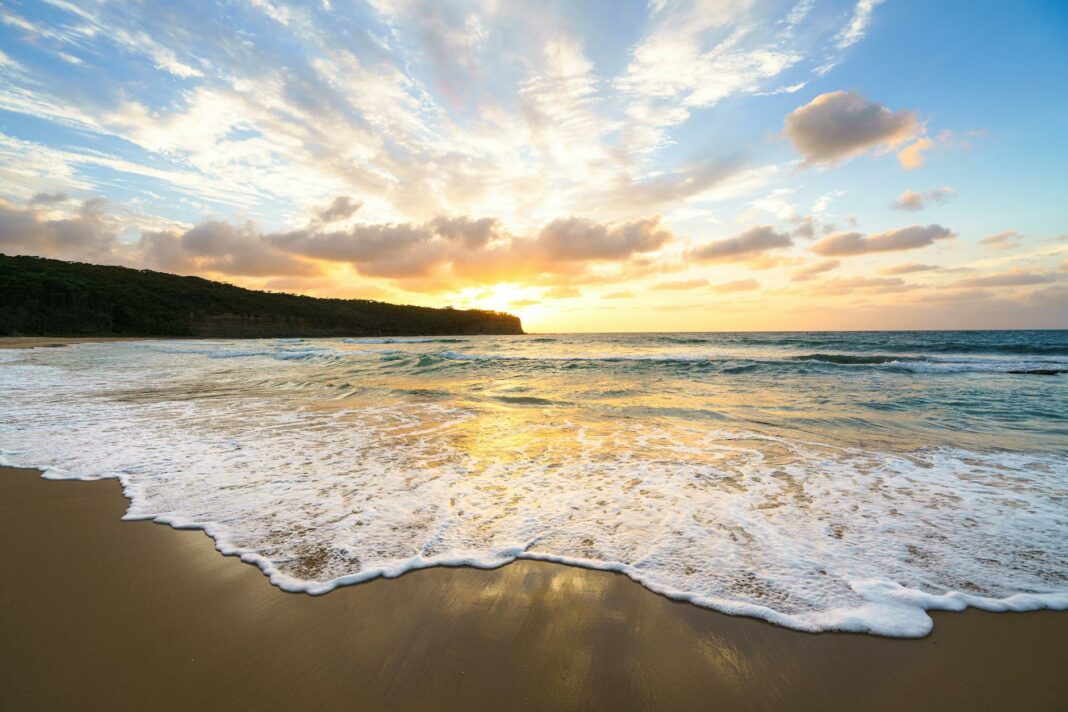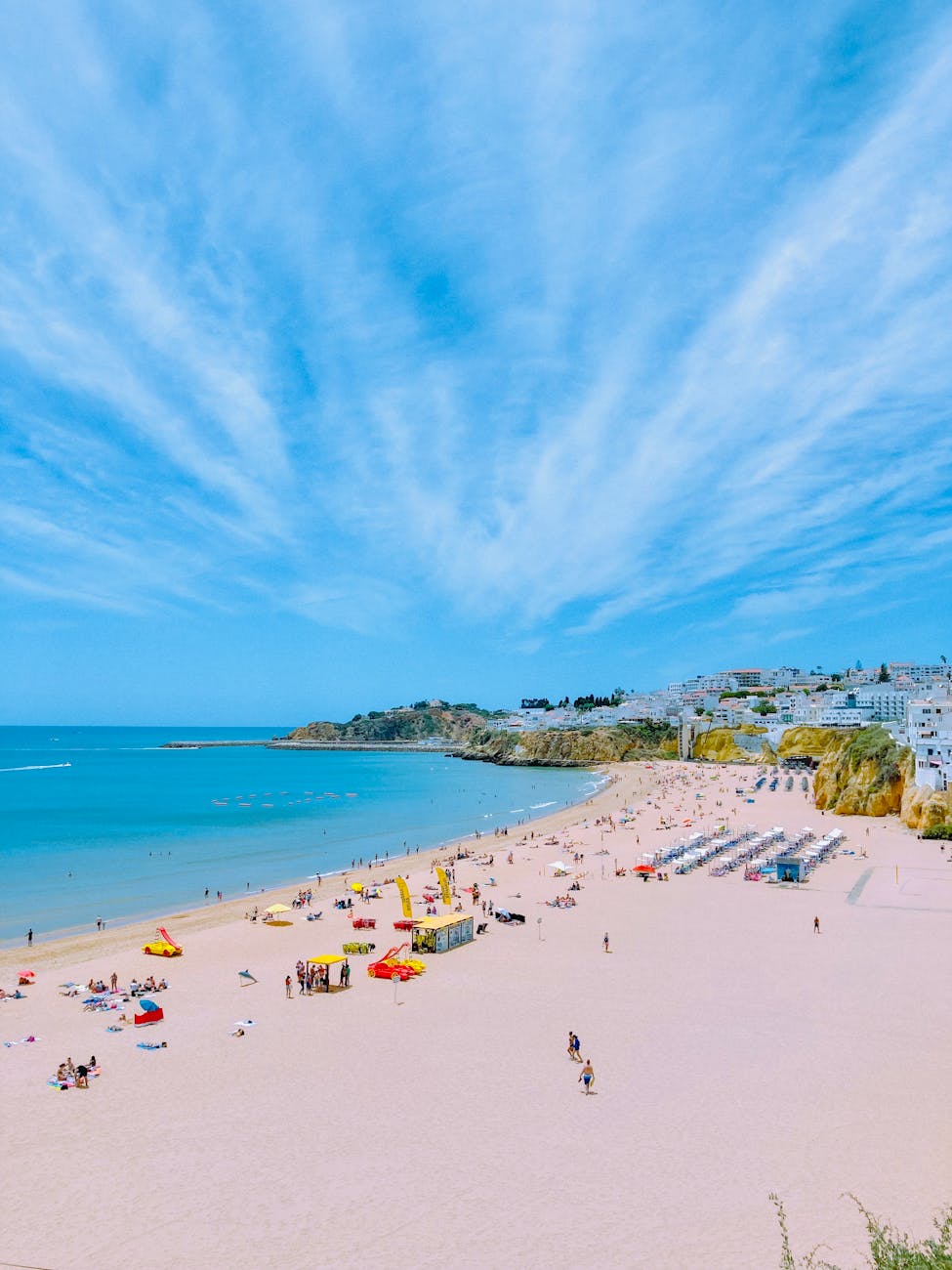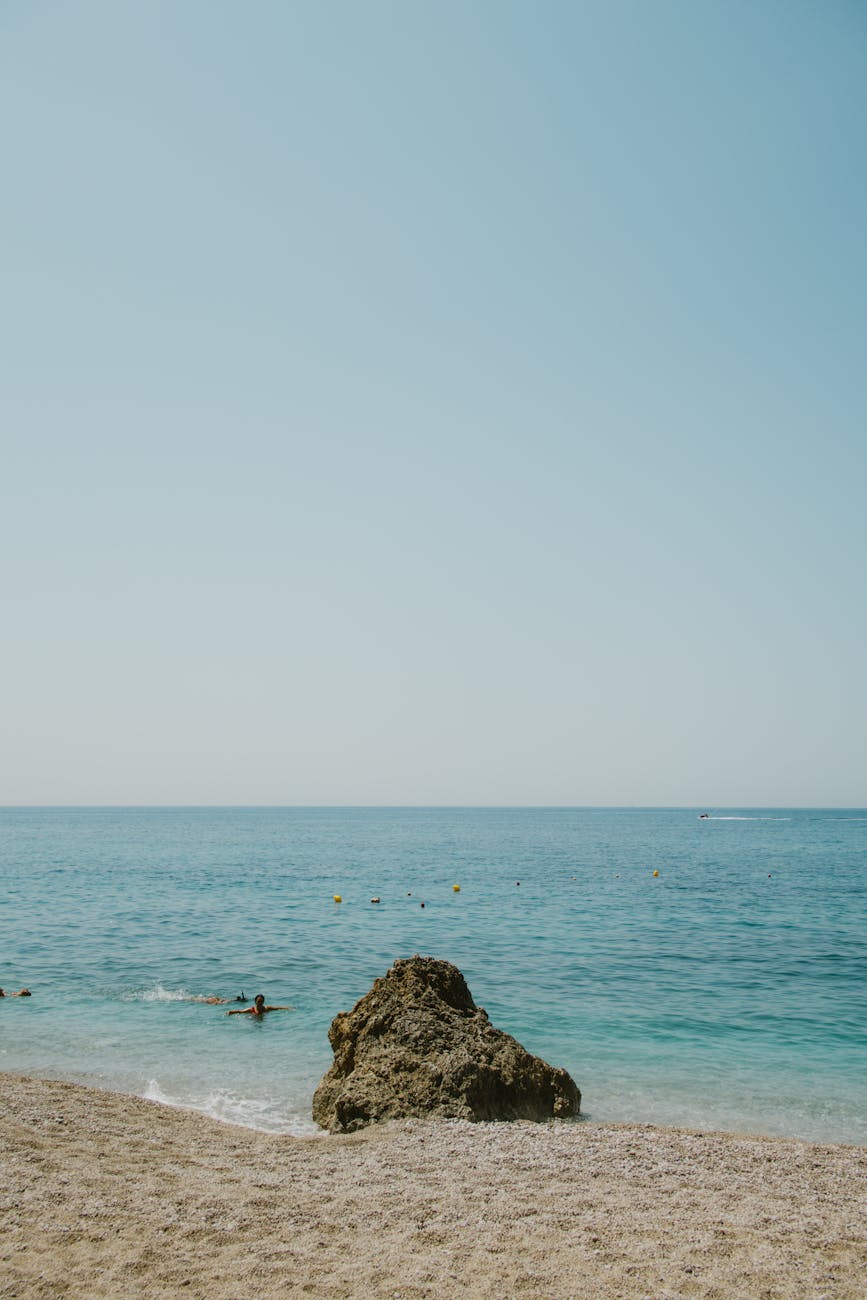Is your dream beach hiding toxic water secrets? Discover now!
Table of Contents
- Introduction
- Hidden Hazards in Paradise
- Ecological Impacts of Pollution
- Human Health Risks
- Protecting Our Beaches
- Final Thoughts on Beach Safety
- Frequently Asked Questions
Introduction
Dreaming of sun-soaked days by the ocean is a universal delight. The sound of crashing waves and warm sands beneath your feet tempt you into a blissful state of relaxation. However, beneath that enticing facade lies a reality that could easily shatter your idyllic beach experience. What if the serene waters are harboring hidden secrets that could threaten your health and the environment? With rising pollution levels, it’s crucial to stay informed about the safety of your favorite beach destinations.
As we dive deeper into this discussion, we will explore shocking truths that may reveal lurking dangers, while also shedding light on proactive measures you can take to safeguard your beach outings. Equipped with the right knowledge, you can confidently navigate the waters and ensure that your sun-soaked escapes remain joyful and safe.
Hidden Hazards in Paradise
While your dream beach may look pristine, unseen dangers could be lurking just beneath the surface. From harmful algal blooms to industrial runoff, there are various toxins that can affect the water quality in popular beach destinations. Algal blooms, for instance, are a growing concern, as they can be caused by nutrient pollution from agricultural runoff. Once these blooms develop, they can release toxins harmful to both marine life and humans, leading to unpleasant symptoms such as skin irritations or respiratory issues.
Perhaps you have unknowingly swum in an area plagued by environmental hazards. Research has shown that coastal regions can harbor contaminants thanks to nearby urban development and agricultural activities. Thus, conducting thorough research and checking local water quality reports is essential before diving into the deep blue. When awareness rises, so does our ability to enjoy our beloved beaches safely and sustainably.
Ecological Impacts of Pollution
The consequences of water pollution extend far greater than the immediate discomfort experienced by individuals. When toxic substances infiltrate pristine beaches, they pose a critical threat to marine ecosystems. The balance of life and interdependent relationships among aquatic species can become severely disrupted. For example, certain pollutants can lead to diminished fish populations, affecting not only the biodiversity of marine habitats but also the livelihoods of fishermen and local communities reliant on fishing.
Beyond wildlife, the interconnectedness of these ecosystems means that water pollution also impacts neighboring land species and even humans. Contaminated water can eventually flow into adjacent freshwater systems, creating a ripple effect, further eroding the health of the environment. By recognizing these far-reaching consequences, individuals can cultivate a deeper appreciation for the broader implications of pollution and become advocates for clean beach environments.
Human Health Risks
Swimming in polluted waters can lead to alarming health repercussions that can affect individuals of all ages. Pathogens often thrive in contaminated waters, leading to gastrointestinal illnesses, skin infections, and, in severe cases, long-term health issues. The Centers for Disease Control and Prevention has reported increasing cases of waterborne diseases linked to polluted recreational waters, underscoring the importance of vigilance.
Moreover, the significance of awareness regarding water advisories cannot be overstated. Most beaches issue regular reports on water quality, including updates after rainfalls when the risk of contamination rises. Trustworthy sources such as local public health departments can provide crucial information to help assess potential risks. By prioritizing safety and staying informed, beachgoers can indulge in their sun-soaked escapades without fear of detrimental health effects.
Protecting Our Beaches
Aiming for clean beaches and safer waters isn’t merely a personal quest; it’s a collective responsibility requiring action from individuals and communities alike. Engaging in clean-up efforts, advocating for sustainable practices, and supporting local environmental organizations can make a significant difference in preserving and protecting shoreline beauty. Education about sustainable practices, such as proper waste disposal, preventing runoff, and minimizing plastic usage, can empower individuals to affect positive change.
You have the power to champion local initiatives to maintain water quality and restore ecosystems. Participating in local discussions about coastal management or joining programs that focus on water quality monitoring can be highly effective. By investing time and effort into these initiatives, there is a solid chance of yielding lasting benefits for future generations of beach lovers, ensuring paradise remains for years to come.
Final Thoughts on Beach Safety
The allure of dream beaches is undeniable, yet the potential dangers hiding in their waters cannot be dismissed. By staying informed and vigilant, you can navigate the risks associated with water pollution and protect your health while enjoying paradise. Engaging in community efforts dedicated to beach clean-ups and conservation can ensure that sandy shores remain a haven of joy for all. Ultimately, prioritizing our beaches means fostering a deeper connection with the environment, encouraging a more sustainable future while keeping the dream of a perfect beach escape alive.
Frequently Asked Questions
What are harmful algal blooms and how do they affect beach safety?
Harmful algal blooms are rapid growths of algae that can produce toxins harmful to aquatic life, humans, and pets. These blooms can create hazardous swimming conditions and may lead to health problems.
How can I find out about the water quality at my favorite beach?
Local health departments and environmental organizations often provide reports and updates on water quality at public beaches, which can be accessed through their websites or public information boards.
What should I do if I suspect water pollution at a beach?
If you suspect pollution, refrain from swimming and report your concerns to local authorities or environmental agencies. They can conduct necessary tests and ensure that appropriate actions are taken.
How can I get involved in beach conservation efforts?
Join local beach clean-up initiatives, support conservation organizations, and spread awareness about the importance of maintaining clean beaches. Every little effort contributes to a larger impact.
Image Credit: Pexels





